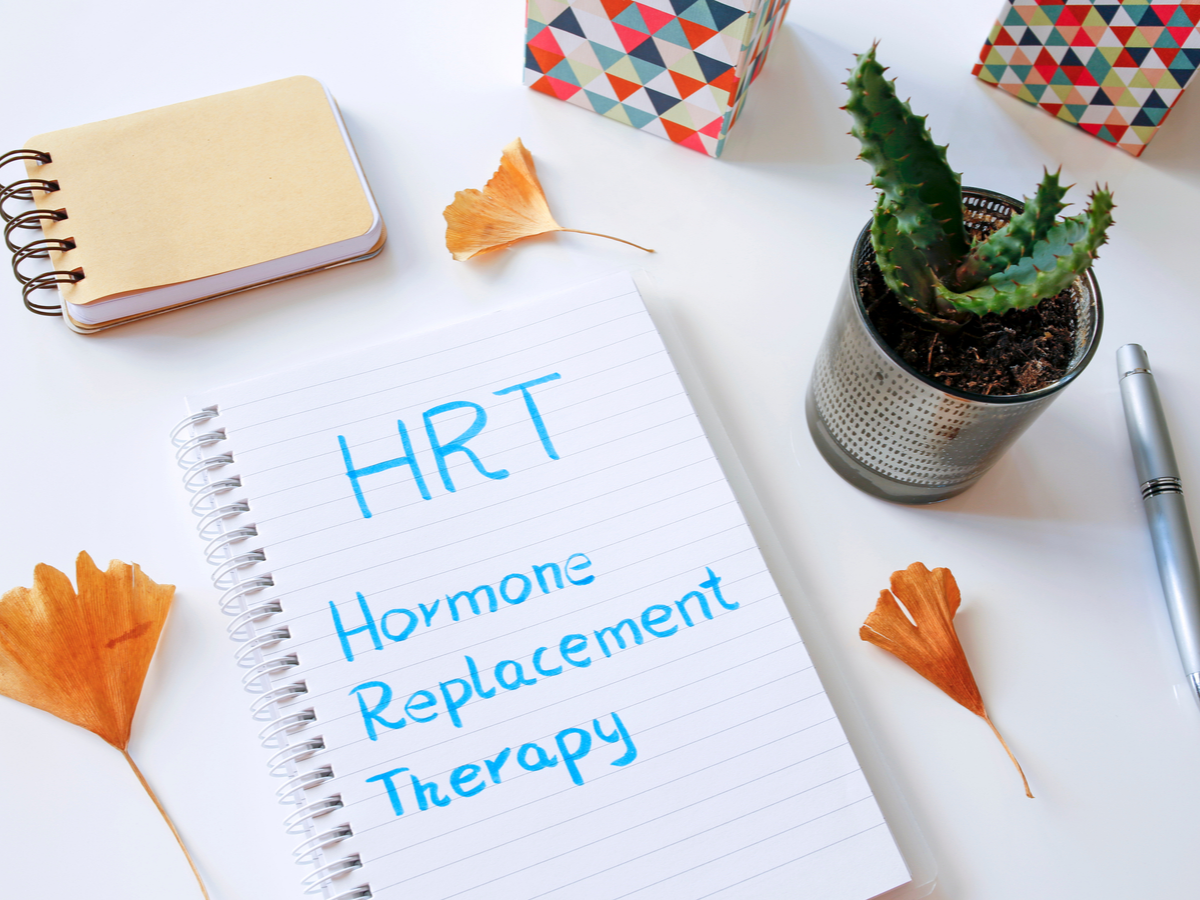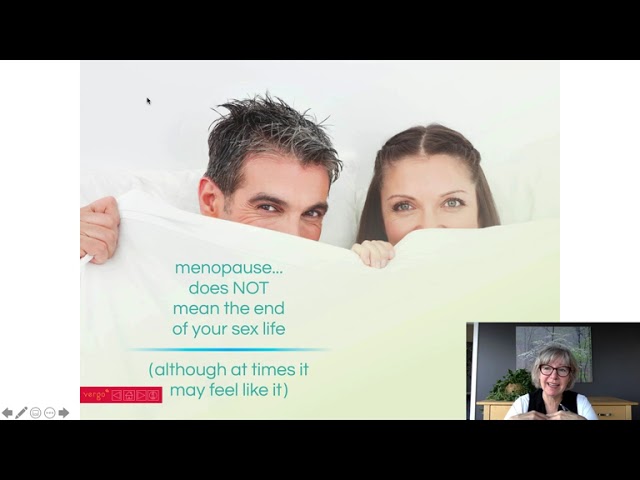Why, oh why, oh why is hormone therapy (HT/HRT) so complicated?
For one thing, there’s no shortage of information. Google the words “hormone replacement therapy” and see what happens. I got 63,400,000 results. It would be so much easier if those results all had the same story to tell. After all, half the world’s population has been going through this transition since, well – forever. You would think that by the year 2019 we would have nailed down the treatment options. You’d be wrong.
Some women dance through menopause. A couple of hot flashes here and there, they might forget their kids’ names a couple of times, and on a bad day wake up with night sweats, but generally that’s it. Others are brought to their knees. For those in the latter category, one of the treatment options is hormone replacement therapy.
There is no way of knowing how many women fall into the “knees category”, but according to the award winning documentary Hot Flash Havoc, it is currently estimated that 1.9 billion women worldwide will reach menopause by the year 2025. This means that many, many women are going through perimenopause right now – perimenopause being the transition years when HT could help them deal with debilitating symptoms. (1)
Here’s the background story:
Between the years 1993 and 1998, the largest study on the impact of progesterone and estrogen on women’s health began with 161,808 women between the ages of 50 and 79. It is referred to as the WHI study. (2)
In 2002, the study came to a very dramatic halt. It was believed at the time that hormones were causing strokes and heart attacks, but after extensive reviews of the study it was determined that the study itself was deeply flawed, and considered by some to be a disaster. (3)
Women were immediately taken off HT. The cohort of women caught in 2002 by the controversial results of the study suffered deeply, many doctors attributing their patient’s unnecessary suffering to the unnecessary medical upheaval. Fast forward to 2019 and this is what is happening:
There are two opposing schools of thought:
- Presented by Dr. David L. Katz, one position is that HT not only gives tremendous relief to women during the menopause transition, but it is also protective. In a Forbes magazine article, Katz explained his belief this way: “Estrogen replacement near the time of menopause reduces all-cause mortality significantly. In other words, it saves women’s lives”. (4)
- From the very prestigious United States Preventive Services Task Force, the opposing position is that HT should not be used as a prevention for chronic conditions.
Katz flat out said the task force was wrong.
Quite diverse strong opinions.
Where does this leave perimenopausal and postmenopausal women? In this minefield of the battling medical titans, and just bad information everywhere, it is hard to know where to turn.
To further complicate everything, there is also controversy around bio-identical hormones. Some doctors swear by bio-identicals, and some say it’s a marketing ploy. The controversy here is around the unpredictable dosing in the compound. You may be getting more estrogen, you may be getting less. In her book, The Vagina Bible, Dr Jen Gunter says that “another term for bioidentical hormones is non-pharmaceutical-grade hormones”. She’s not a fan. (5)
It all comes down to this: Quality of Life.
And this: Education.
What is the minimum intervention for the maximum results?
You have to know your body.
Know what you are dealing with, and whom you are dealing with. There are highly regarded and trustworthy medical authorities for menopause information and the dissemination of ongoing research. These are the gold standard:
- The North American Menopause Society (NAMS)
- The British Menopause Society (BMS)
- European Menopause and Andropause Society (EMAS)
If you can find a women’s clinic, or a doctor, or a pharmacist certified by one of these organizations, or even just up-to-date with the research these organizations offer, you will be in good hands.
__________________________________
REFERENCES
-
1.Iron Rose Films (Producer), Bennett, M. (Director), & Inskip, M. (Writer). (2016). Hot flash havoc [DVD]. Iron Rose Films, a subsidiary of IMDb.com.
2. Women’s Health Initiative. (n.d.) Welcome to the Women’s Health Initiative. Retrieved June 24, 2019, from https://www.whi.org/SitePages/WHI%20Home.aspx
3. Clark, J.H. (2006). A critique of women’s health initiative studies (2002-2006). Nuclear Receptor Signaling, 4, e023. doi:10.1621/nrs.04023
4. Katz, D.L. (2017). Re: Reprising the wrong verdict for hormone replacement at menopause [Web log message]. Retrieved from https://www.forbes.com/sites.davidkatz/2017/05/22/reprising-the-wrong-verdict-for-hormone-replacement-at-menopause/#397bf0297121
5. Gunter, J. (2019). The Vagina Bible: The vulva and the vagina – separating the myth from the medicine.Toronto: Random House Canada.





This form is protected by reCAPTCHA and the Google Privacy Policy and Terms of Service apply.